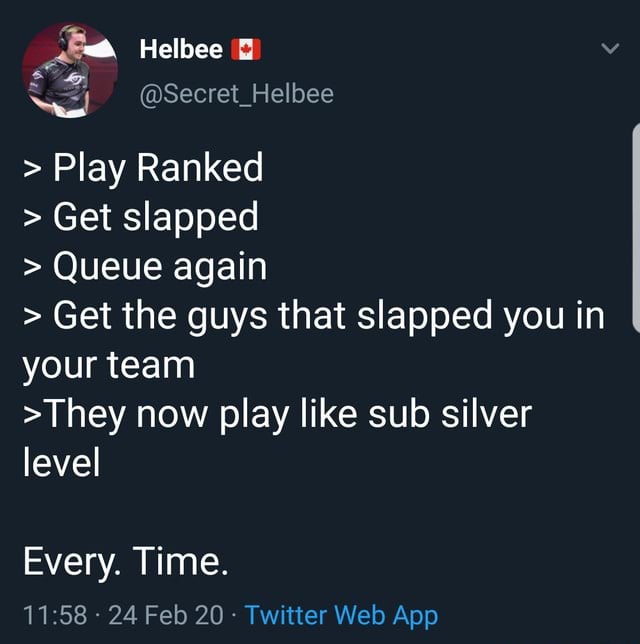this post was submitted on 17 Nov 2023
777 points (97.6% liked)
Memes
45641 readers
1698 users here now
Rules:
- Be civil and nice.
- Try not to excessively repost, as a rule of thumb, wait at least 2 months to do it if you have to.
founded 5 years ago
MODERATORS
you are viewing a single comment's thread
view the rest of the comments
view the rest of the comments

This is a great writeup and matches with my experiences as well. That said, I would say that the discourse around the subject is complicated and itself fraught with emotion. Ironically (or perhaps just appropriately), the discourse is framed as competitive: one between "boomers" and "gamers," with the prevailing narrative being that out of touch pearl clutchers are obsessed with attacking forms of entertainment they don't understand instead of dealing with the real problems of society. Part of the narrative, however, is also the categorical rejection from gamers that video games have the ability to affect your mental state or influence your emotions in ANY capacity. Which, as you've noted, they do. It's competition. We see professional athletes get into fights and engage in poor sportsmanship constantly. In baseball, pitchers will throw balls at batters with the intent to hit. Batters will charge the mound. And this is in a game that explicitly forbids violence.
I think part of the issue is this expectation (and you noted this, as well) that people attach their identity to being "good at video games" - it's a signifier of accomplishment for people who haven't really accomplished much. Often times, this is young people or people whose careers are just getting started, or who are still in school and have a tenuous degree of personal agency. The thing that's tilting, the thing that makes them upset, is that they expect this to be a domain in which they have power and control, and loss is a signifier of the fact that this is not true. It reminds them they don't really have any power over their own lives.